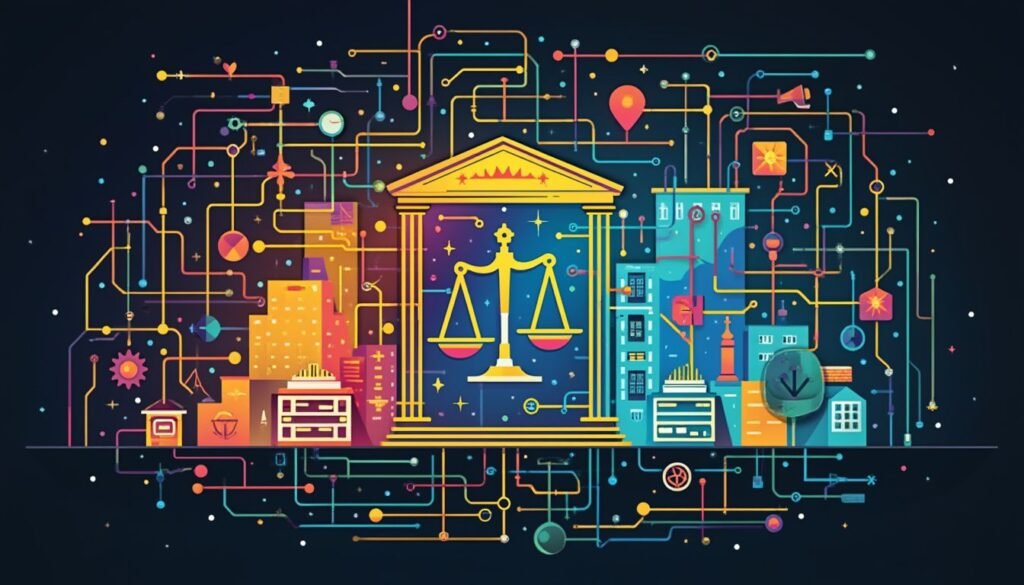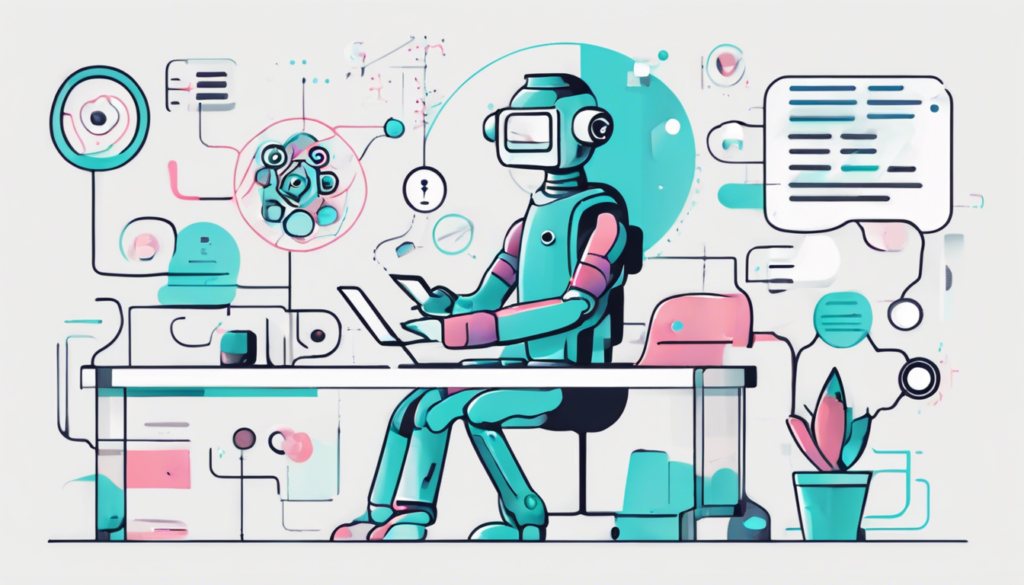In the ever-evolving landscape of digital marketing, leveraging advanced technologies is no longer a luxury but a necessity.
One of the most transformative tools at your disposal is AI content generation.
This article delves into the mechanics of AI content generation, explores its myriad benefits for enhancing your marketing strategy, and offers practical insights on best practices and key features to consider for maximizing its potential.
Whether you’re looking to streamline your workflow or innovate your content approach, understanding the power of AI can position your brand for success in an increasingly competitive market.
4. Best Practices for Integrating AI into Your Content Workflow
Integrating AI content generation into your content workflow is a strategic approach that can significantly enhance efficiency and creativity in producing high-quality content.
To begin, professionals should thoroughly assess their current content processes and identify specific areas where AI can add value, such as ideation, drafting, or SEO optimization.
It is essential to select the right AI tools that are tailored to your industry and content goals, ensuring they complement rather than replace human creativity.
Additionally, establishing a clear framework for collaboration between AI systems and content teams is crucial; this can include setting guidelines for AI-generated content review to maintain brand voice and consistency.
Regularly evaluating the performance of AI-assisted content can help fine-tune the integration process, allowing professionals to leverage data analytics to understand audience engagement and preferences better.
Ultimately, fostering a culture of experimentation and continuous learning will enable teams to harness the full potential of AI, driving innovation in content creation and delivering greater value to audiences.
5. Case Studies: Successful Applications of AI Content Generation
In recent years, numerous organizations have harnessed the power of AI content generation to enhance their operational efficiency and creative processes, illustrating the transformative impact of this technology across various sectors.
For instance, the media company Associated Press adopted AI-driven algorithms to automate the creation of earnings reports, significantly reducing the time and resources traditionally required for content production.
This initiative not only allowed human journalists to focus on in-depth investigative reporting but also resulted in increased output and consistency in reporting critical financial data.
Similarly, companies like Grammarly and Copy.ai have utilized advanced natural language processing models to provide real-time writing assistance and content generation tools, empowering businesses and individuals to refine their communications with unparalleled precision.
These case studies highlight the versatility and effectiveness of AI content generation in driving productivity, ensuring quality, and enabling innovation, ultimately offering professionals a competitive edge in an increasingly digital landscape.
Frequently Asked Questions
What is AI content generation and how does it work?
AI content generation refers to the use of artificial intelligence technologies to create written, graphics, or video content.
It utilizes algorithms and natural language processing to analyze existing data, generate ideas, and produce content that meets specific criteria and requirements.
What are the benefits of using AI content generation in marketing?
AI content generation can increase efficiency by automating the content creation process, offer personalized content at scale, enhance SEO strategies through data-driven insights, and reduce operational costs, ultimately leading to a more effective content marketing strategy.
What features should I look for in AI content generation tools?
Key features to consider include natural language processing capabilities, ease of integration with existing workflows, user-friendly interface, customization options, analytics and reporting tools, and support for multi-format content creation.
How can I successfully integrate AI into my content workflow?
To successfully integrate AI into your content workflow, start by identifying repetitive tasks that can be automated, choose the right AI tool that fits your needs, train your team on how to use the tool effectively, and continuously evaluate the impact of AI-generated content on your overall strategy.
What are some examples of successful applications of AI content generation?
Examples of successful applications include brands that have enhanced their content marketing through AI-powered SEO strategies, businesses that use AI-generated copy for product descriptions and advertising, and media companies utilizing AI to generate news articles and reports faster.






